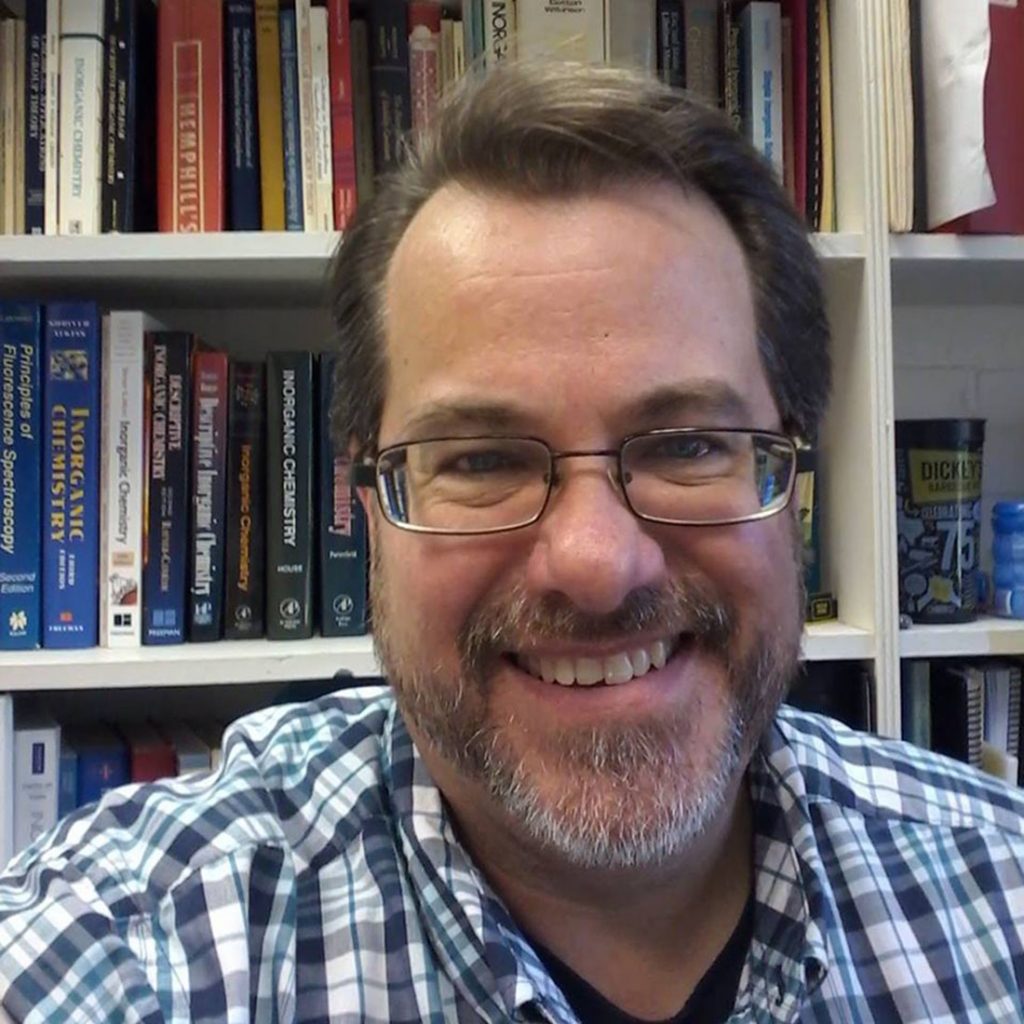CHEM 1106L - General Chemistry II Laboratory
Course Description
Laboratory experiences that supplement and illustrate the concepts presented in Chemistry 1106.
This course will provide an introduction to the basic techniques and methods of chemistry. Course objectives will primarily be met through the use of hands-on experiments. There will also be a few computer activities to reinforce topics such as safety, chemical nomenclature, and data analysis. Topics such as kinetics, equilibrium, electrochemistry, and separations will be covered.
Course Materials
Lab kit: The lab kit for this course is eScienceLab’s “2nd Edition General Chemistry – Version 2” (SKU: Kit4252).
Students planning to enroll in both CHEM 1105L and 1106L during the summer may choose to purchase “2nd Edition General Chemistry – Version 3” (SKU: Kit4253).
Supplemental textbook (optional): “Chemistry”, 2nd ed, at https://openstax.org/details/books/chemistry-2e
Dates:
Summer B: Jul 14 – Aug 15, 2025
Department: Chemistry
Course: CHEM 1106L
Credit Hours: 1
Corequisite: CHEM 1106
Satisfies:
IID Laboratory Science requirement
(when taken with corresponding lab course CHEM 1106)
The above requirements are from the Randolph College general education program. Check with your home institution to see if this course fulfills your requirements.
Tuition & Fees:
Tuition: $750
Lab Kit: $198 (you can purchase the lab kits for both CHEM 1105L and CHEM 1106L as a bundle for $298 plus shipping)
Textbooks and other course materials can be purchased separately from the source of your choosing.
Your Instructor

Bill BareAssociate Professor of Chemistry
B.S., Chemistry, Florida State University; Ph.D., University of Virginia
I began teaching at Randolph College thinking that I would only be here a year. But when the opportunity arose to make the temporary position permanent, it wasn’t hard to make a decision. Randolph is a completely different world than I was accustomed to from my educational background at large state universities, and I really liked the personal feel of the college. The red brick campus began to feel like home almost immediately.
Environmental chemistry is my favorite course to teach because it brings together all of the material learned in introductory courses and places it in the context of important national and global issues. Smog, ozone depletion, greenhouse gas emissions, global warming, alternative fuels, and ground water contamination are all issues of tremendous current importance, and are also all issues that cannot be understood without understanding the chemistry of the species and processes involved. Although many of these issues represent great concerns, they also provide great opportunities for future creative chemists to make meaningful improvements to people’s lives.